Is being sober worth it? If you’re someone struggling with substance abuse, you might be wondering about this. When the rush of substances makes you feel good momentarily, the idea of sobriety may seem less appealing. But let’s take a deeper look into this important question. As we unravel the challenges and rewards of a sober lifestyle, you may find there’s a different kind of ‘good’ waiting on the other side of addiction – one that’s healthier, longer-lasting, and more fulfilling.
Understanding Addiction and Sobriety
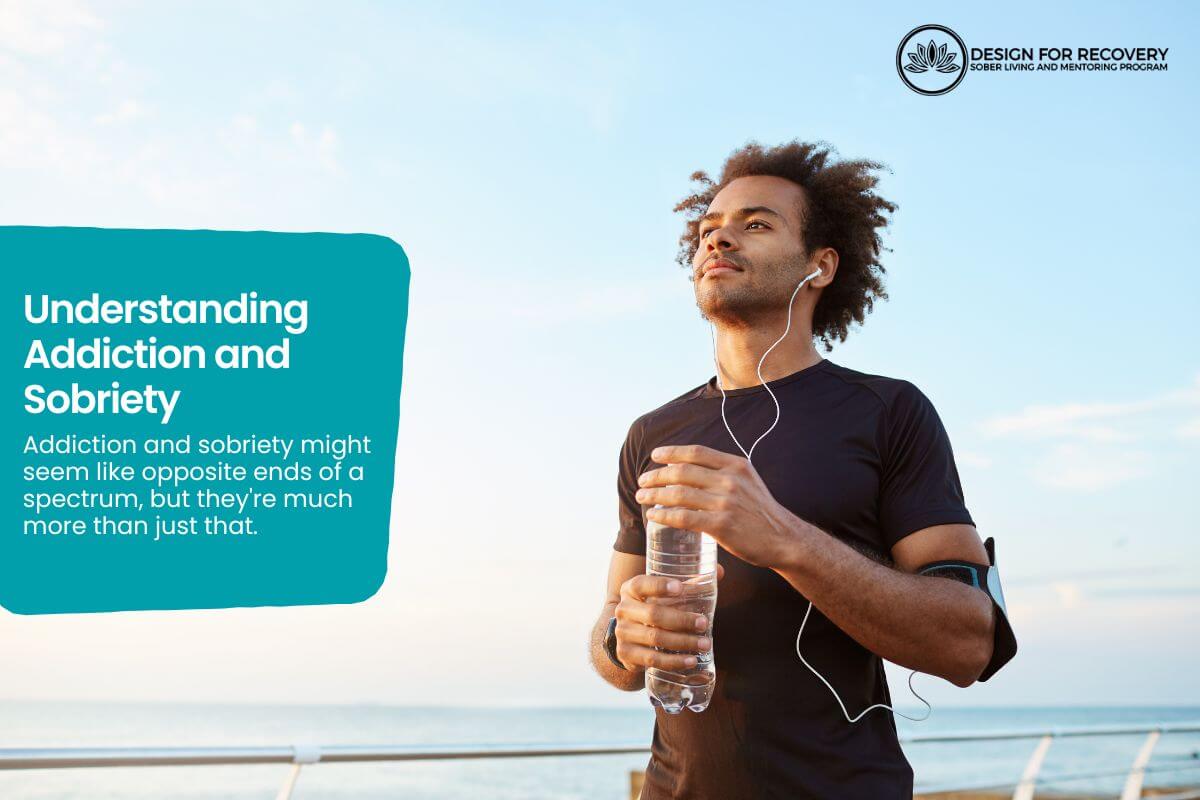
Addiction and sobriety might seem like opposite ends of a spectrum, but they’re much more than just that. They’re stages in a person’s life that can significantly impact their well-being, relationships, and overall quality of life.
Explanation of Addiction and Sobriety
Addiction or Dependency, whether it’s to alcohol or drugs, is a complicated condition. It’s characterized by an uncontrollable urge to keep using substances, despite knowing the serious consequences they can have on your mental and physical health. For example, alcohol addiction, also known as alcohol use disorder, can lead to damage to the brain and other organs and an increased risk of accidents. Drug addiction can also have severe effects on your body and mind.
On the other hand, Sobriety is the state of not having any alcohol or drugs in your system. It’s about living a life free of the control of substances. Here are some benefits of being sober:
Improved Emotional and Mental Health: Sobriety can lead to mental clarity, less anxiety, and improved mood stability.
Physical Health and Well-being: Your body can start healing from the damage caused by substances. You might notice healthier skin, more energy, and better sleep.
Better Relationships: Sobriety can help mend relationships with friends and family members that may have been strained due to substance use.
Quality Improvement in Life: With sobriety comes improved financial stability, a sense of achievement, and a healthier lifestyle.
The Transition from Addiction to Recovery
The journey from addiction to sobriety is known as recovery. It’s a personal and unique process for each person, but it usually involves several stages.
Realization: Recognizing that you have an addiction and that it’s causing problems in your life.
Decision to Change: Deciding to quit drinking or using drugs and committing to a sober life.
Withdrawal: A period of discomfort as your body adjusts to the absence of alcohol or drugs.
Treatment and Support: Seeking help from professionals and possibly joining support groups to help maintain sobriety.
Long-term Sobriety: Achieving sobriety and maintaining it over the long term while dealing with any challenges that come up.
The transition can be tough, but the benefits of sobriety make it a journey worth taking. Sobriety isn’t just about quitting drinking or stopping substance use – it’s about creating a new life where it’s easier not to go back to these harmful habits. And most people find that life in long-term sobriety is far more fulfilling than the temporary pleasure that substances provide.
The Struggle of Addiction Recovery
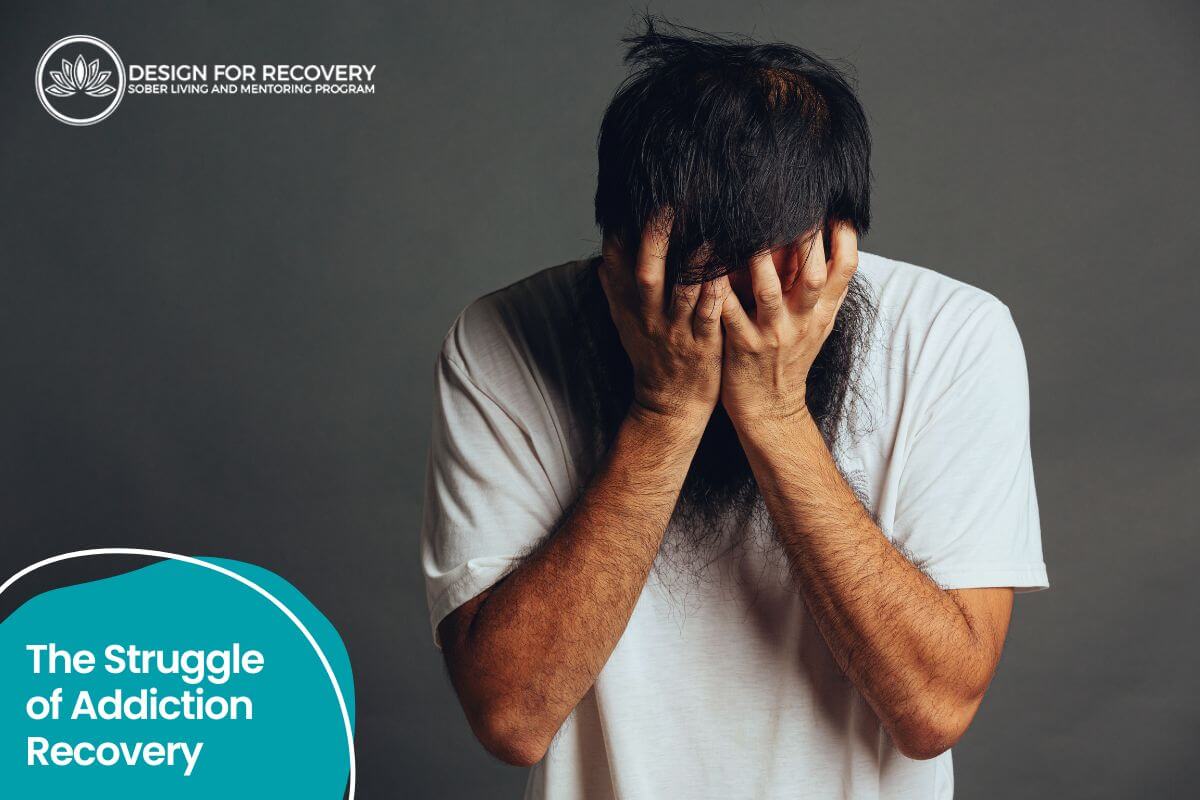
Recovery from addiction is a significant journey that comes with its share of struggles. It’s crucial to understand these challenges to navigate them successfully.
Call Design for Recovery to Begin Your Healing Journey!
Reach out to our team to discuss sober living options and next steps toward a healthier routine.
Physical and Mental Discomforts of Addiction and Withdrawal
Overcoming addiction, whether it’s from alcohol abuse or substance abuse, involves dealing with both physical and mental discomforts.
Physical Discomforts: These can vary depending on the type of substance used and the severity of the addiction. However, common symptoms include nausea, sweating, shaking, and increased heart rate. In severe cases, withdrawal can even lead to seizures or other serious health issues.
Mental Discomforts: Addiction often takes a significant toll on mental health. During recovery, individuals may experience mood swings, anxiety, depression, and sleep disturbances. Some people might also have intense cravings for the substance they are using.
Despite these discomforts, the body and brain gradually begin to heal and adapt to a sober lifestyle. Over time, physical well-being improves, energy levels rise, and the quality of sleep becomes more consistent.
The First Year of Sobriety: Changes and Challenges
Significant changes and challenges often mark the first year of sobriety. Here are some key milestones that most people experience:
First 72 Hours: This is typically the peak of physical withdrawal symptoms. The body begins the process of purging the substances, which can lead to discomfort.
First Week: Mental withdrawal symptoms often become more pronounced. These might include anxiety, irritability, and trouble sleeping.
First Month: Physical symptoms generally subside, but psychological ones may continue. The brain is still adjusting to the absence of the substance, which can lead to intense cravings.
Six Months: Many initial physical and mental health challenges have faded by this point. However, it’s crucial to remain vigilant, as the risk of relapse can still be high.
One Year: Completing a full year of sobriety is a significant milestone. While challenges can still arise, the individual is now more equipped to handle them. They’ve likely seen improvements in physical health, mental clarity, and relationships, further cementing the benefits of being sober.
While recovery is filled with challenges, each stage provides an opportunity for growth and reinforces the decision to lead a sober life. It’s a journey that takes courage, patience, and determination. But with every passing day, the person in recovery gets a step closer to a healthier, more fulfilling life.
Physical and Lifestyle Benefits of Sobriety

Living a sober life comes with many benefits, including improvements to physical health and changes in lifestyle that lead to an overall better quality of life.
Improved Physical Health and Changes
When you stop drinking alcohol or using substances, your body starts to recover from the harm caused by these substances. Here are some of the physical health improvements you can experience with sobriety:
Better Sleep Patterns: Substance abuse often disrupts sleep patterns and can lead to trouble falling asleep. When you become sober, you’re likely to experience improved sleep quality.
More Energy: Substances can drain your energy levels. Sobriety, in contrast, often leads to a noticeable increase in energy.
Healthier Skin: Alcohol and drugs can take a toll on your skin. In sobriety, you might notice your skin developing a healthier appearance.
Reduced Risk of Disease: Continued substance abuse can increase the risk of various diseases, such as liver disease and heart disease. Sobriety reduces this risk, contributing to longer-term health.
Better Eating Habits and Overall Lifestyle Benefits
Beyond physical health, sobriety also brings about positive changes in your lifestyle and habits. These benefits further enhance your sober life:
Improved Eating Habits: Addiction can lead to poor nutrition. In sobriety, you’ll likely find it easier to maintain a balanced diet, contributing to overall physical health.
Healthier Coping Mechanisms: Instead of turning to substances when faced with stress, those in recovery often develop healthier coping mechanisms, such as exercise or meditation.
Healthy Relationships: Substance abuse can strain relationships with family and friends. Sobriety can improve these relationships as it allows for clearer communication and more genuine connections.
Personal Development: Sobriety often leads to personal growth. You may discover new hobbies or passions, further enriching your sober life.
These benefits of being sober, both physical and lifestyle-related, contribute to an improved overall quality of life. They are tangible reminders of the positive changes that come with choosing sobriety.
Mental and Emotional Improvements from Sobriety
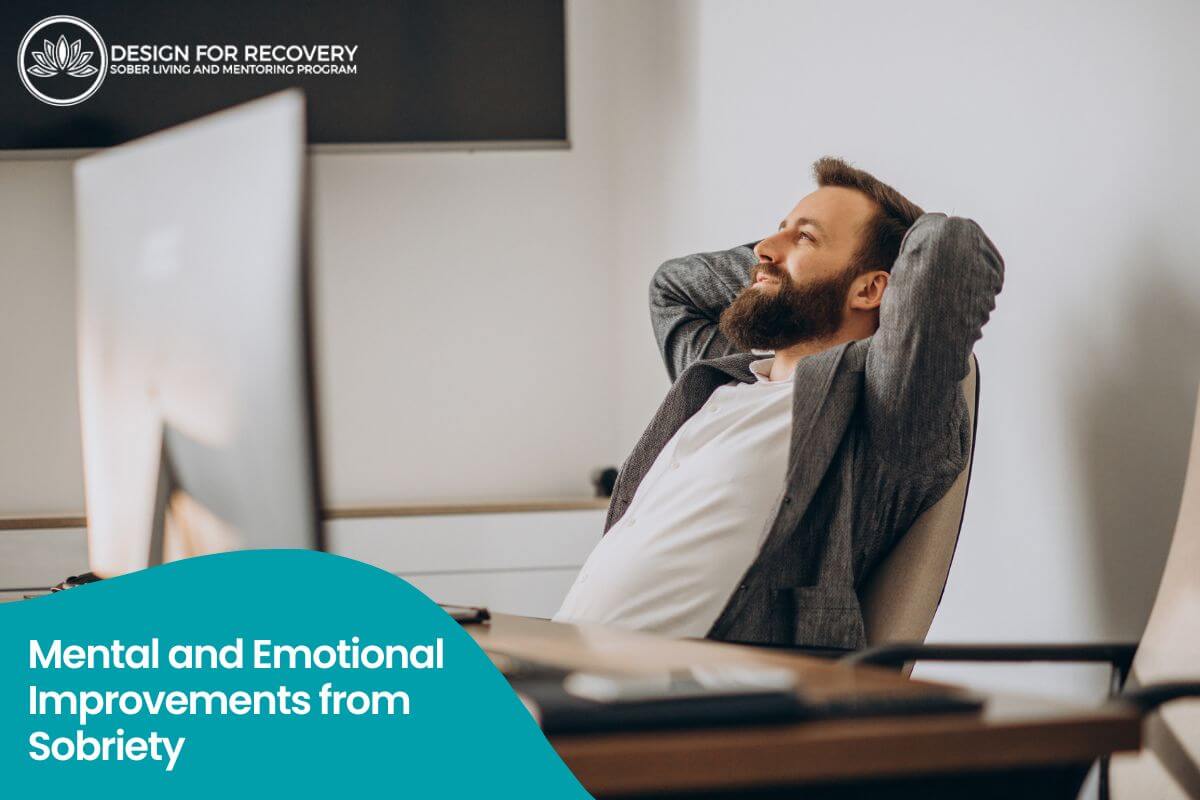
In addition to physical and lifestyle changes, sobriety also leads to improvements in mental and emotional health. This recovery journey can be life-changing, offering a new perspective on relationships, self-worth, and a general outlook on life.
Contact Design for Recovery Today!
Fill out our quick form to connect with a peer mentor and learn how our sober living community supports accountability, structure, and personal growth in recovery.
Enhanced Mental and Emotional Health
When alcohol or other substances are no longer clouding the mind, one can experience significant improvements in mental and emotional health. Here are some examples:
Improved Cognitive Function: Substance abuse can impair your cognitive abilities. Sobriety allows the brain to heal and cognitive function to improve, which can include better memory and clearer thinking.
Stability in Mood: Substance use can lead to mood swings or exacerbate conditions like depression and anxiety. When sober, many people experience more stable moods and reduced emotional volatility.
Enhanced Self-Esteem: Overcoming addiction can give a tremendous boost to your self-esteem. You’ve tackled a challenging task, and that accomplishment can make you feel more confident.
Improved Relationships: Substance abuse can strain relationships. Sobriety can improve the quality of relationships with family, friends, and colleagues. Better emotional health can help you interact more positively with others.
Adjustment to New Mental and Lifestyle Changes
The journey to sobriety requires one to adjust to new mental and lifestyle changes. This process can be challenging but is crucial for long-term recovery.
Managing Cravings: One of the key aspects of maintaining sobriety is learning how to manage cravings. This often involves developing new coping strategies and making lifestyle changes, such as maintaining a healthy diet and exercise regimen instead of relying on fast food and other unhealthy options.
Coping with Stress: Another critical change is learning new ways to cope with stress. Instead of turning to substances, you might take up meditation, exercise, or other stress-reducing activities.
Building a Support Network: Staying connected with supportive friends and family or joining a support group can be a significant part of the recovery journey.
While requiring effort and persistence, these mental and emotional improvements from sobriety can offer substantial rewards. They can lead to a more balanced, satisfying, and fulfilling life.
Financial and Social Rewards of Sobriety

Along with the physical, mental, and emotional improvements, sobriety also brings significant financial and social rewards. These benefits can transform your life in many positive ways.
Enhanced Relationships with Family and Friends
Substance abuse often strains relationships with family and friends. Sobriety can rebuild these relationships, enhancing your social life and support network.
Improved Trust: In sobriety, you can rebuild the trust that might have been lost during the period of substance abuse. When you stay sober, family members and friends begin to trust you again, strengthening your relationships.
Enhanced Communication: Staying sober can improve your ability to communicate effectively. With clear thinking and better control of feelings, you can express your thoughts more accurately and resolve conflicts more peacefully.
Strengthened Bonds: Sobriety often strengthens bonds with family and friends as they see your commitment to a healthier lifestyle. This commitment can inspire them and even help heal any wounds caused by past substance use.
Improved Financial Stability and Career Prospects
The journey to sobriety can also lead to improved financial stability and enhanced career prospects.
Financial Savings: Sobriety can lead to significant financial savings. The cost of purchasing alcohol or drugs adds up over time, and quitting these substances allows you to save money. Additionally, avoiding negative consequences associated with substance use, like fines or legal fees, can further improve your financial situation.
Better Job Performance: With improved mental and physical health, you’re likely to see enhancements in your job performance. Your ability to focus may increase, and your overall health may improve, leading to fewer sick days.
Career Advancement: The clarity and increased energy that come with sobriety can make you more productive. You might find taking on more responsibilities, pursuing promotions, or exploring new career paths easier.
The journey to sobriety isn’t always easy, but the rewards can be substantial. By choosing to stay sober, you can improve your relationships, financial situation, and prospects for the future. It’s about investing in a healthier and more rewarding life for yourself and those you care about.
Conclusion
So, is being sober worth it? The journey of sobriety, though tough, brings many benefits. It improves physical health, enhances mental and emotional stability, fosters better relationships, and boosts financial stability. It takes strength and resilience, but the rewards of a sober lifestyle are priceless. For those considering sobriety, there’s a world of support available. Always remember, every step towards sobriety is a step towards a better quality of life.
Ready for a Sober Life? Join Design for Recovery Today!

Are you inspired by the many rewards of a sober life? Do you want to improve your physical and mental health, rebuild your relationships, and secure your financial future? If so, Design for Recovery is here to help. As a structured sober living community, we’re committed to helping individuals like you overcome addiction and build a rewarding, substance-free life. Reach out to us today, and take your first step towards a healthier, happier future. Sobriety is worth it, and with Design for Recovery, you don’t have to walk this path alone.
- Understanding Addiction and Sobriety
- Explanation of Addiction and Sobriety
- The Transition from Addiction to Recovery
- The Struggle of Addiction Recovery
- Physical and Mental Discomforts of Addiction and Withdrawal
- The First Year of Sobriety: Changes and Challenges
- Physical and Lifestyle Benefits of Sobriety
- Improved Physical Health and Changes
- Better Eating Habits and Overall Lifestyle Benefits
- Mental and Emotional Improvements from Sobriety
- Enhanced Mental and Emotional Health
- Adjustment to New Mental and Lifestyle Changes
- Financial and Social Rewards of Sobriety
- Enhanced Relationships with Family and Friends
- Improved Financial Stability and Career Prospects
- Conclusion
- Ready for a Sober Life? Join Design for Recovery Today!
Begin Lasting Sobriety Now!
Frequently Asked Questions
Sobriety can have a significant positive impact on romantic relationships. The clarity and emotional balance that come with sobriety can lead to more effective communication, honesty, and trust. You’ll also be more present and engaged in your relationship, which can deepen emotional intimacy.
Yes, sobriety can reduce the risk of heart disease. Excessive alcohol and drug use can significantly increase your risk of heart disease. By choosing to stay sober, you eliminate these risks and support your overall cardiovascular health.
Sobriety can improve your work life in many ways. With a clear mind, you’ll likely experience increased productivity and focus. You may also find managing stress easier and maintaining a healthier work-life balance. Sobriety can also enhance your professional relationships and open up new opportunities for career growth.
Absolutely! Sobriety often leads to improved relationships. As you heal and grow in recovery, you can rebuild trust and strengthen your connections with friends and family. Being sober can also make it easier to resolve conflicts and express your feelings healthily and constructively.
Negative thoughts can be challenging, but you can manage them effectively with the right tools and support. Strategies like cognitive-behavioral therapy, mindfulness, and meditation can help. Support groups and counseling can also provide helpful strategies and a supportive community as you navigate these challenges.
Yes, it’s normal to experience changes in sleep patterns when you first become sober. This is part of your body’s adjustment to the absence of substances. Over time, most people find that sobriety leads to improved sleep quality. If you’re struggling with sleep, seeking professional advice is important to ensure you’re getting the rest you need.
Arria AM, Jernigan DH. Addressing College Drinking as a Statewide Public Health Problem: Key Findings From the Maryland Collaborative. Health Promot Pract. 2018 Mar;19(2):303-313. doi: 10.1177/1524839917711399. Epub 2017 Jun 5. PMID: 28582999; PMCID: PMC5711644 : https://www.ncbi.nlm.nih.gov/pmc/articles/PMC5711644/
Martinez JA, Sher KJ, Wood PK. Drinking consequences and subsequent drinking in college students over 4 years. Psychol Addict Behav. 2014 Dec;28(4):1240-5. doi: 10.1037/a0038352. PMID: 25528051; PMCID: PMC4708254 : https://www.ncbi.nlm.nih.gov/pmc/articles/PMC4708254/
Krieger H, Young CM, Anthenien AM, Neighbors C. The Epidemiology of Binge Drinking Among College-Age Individuals in the United States. Alcohol Res. 2018;39(1):23-30. PMID: 30557145; PMCID: PMC6104967 : https://www.ncbi.nlm.nih.gov/pmc/articles/PMC6104967/




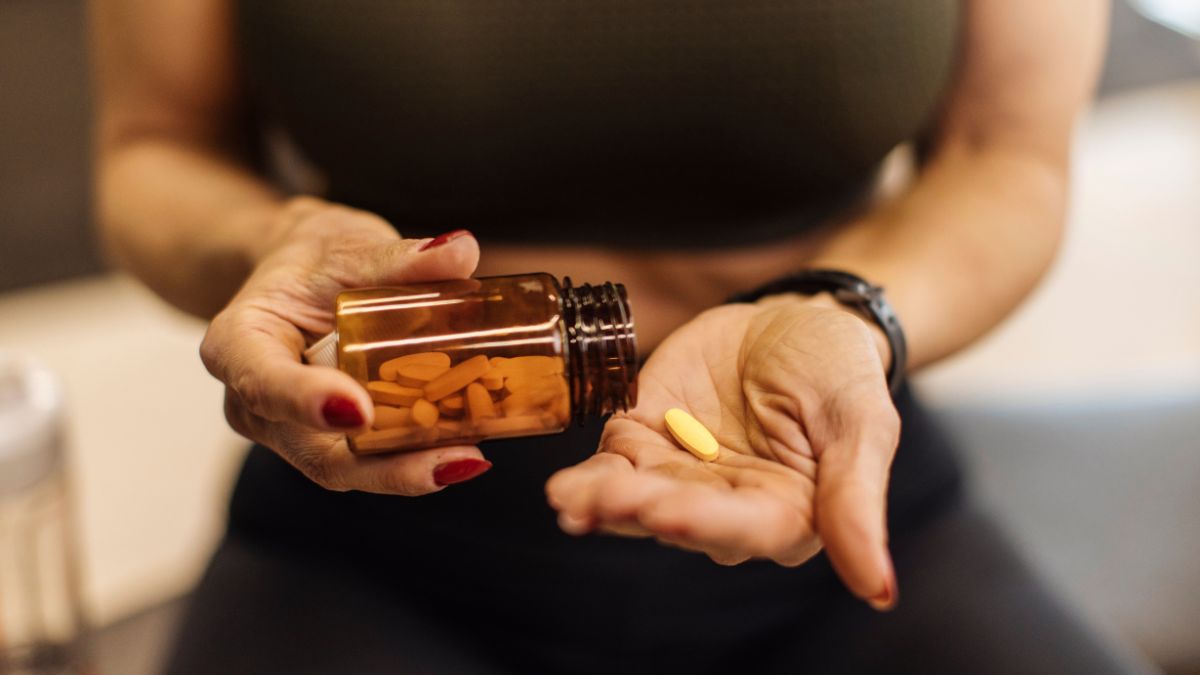
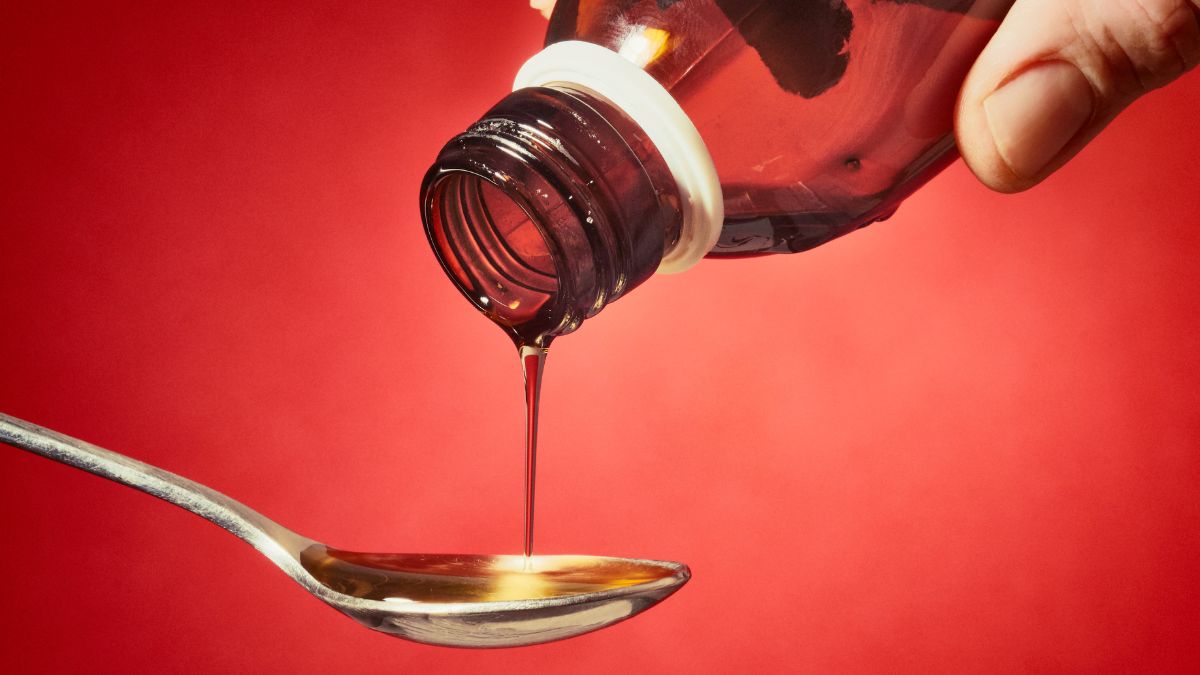
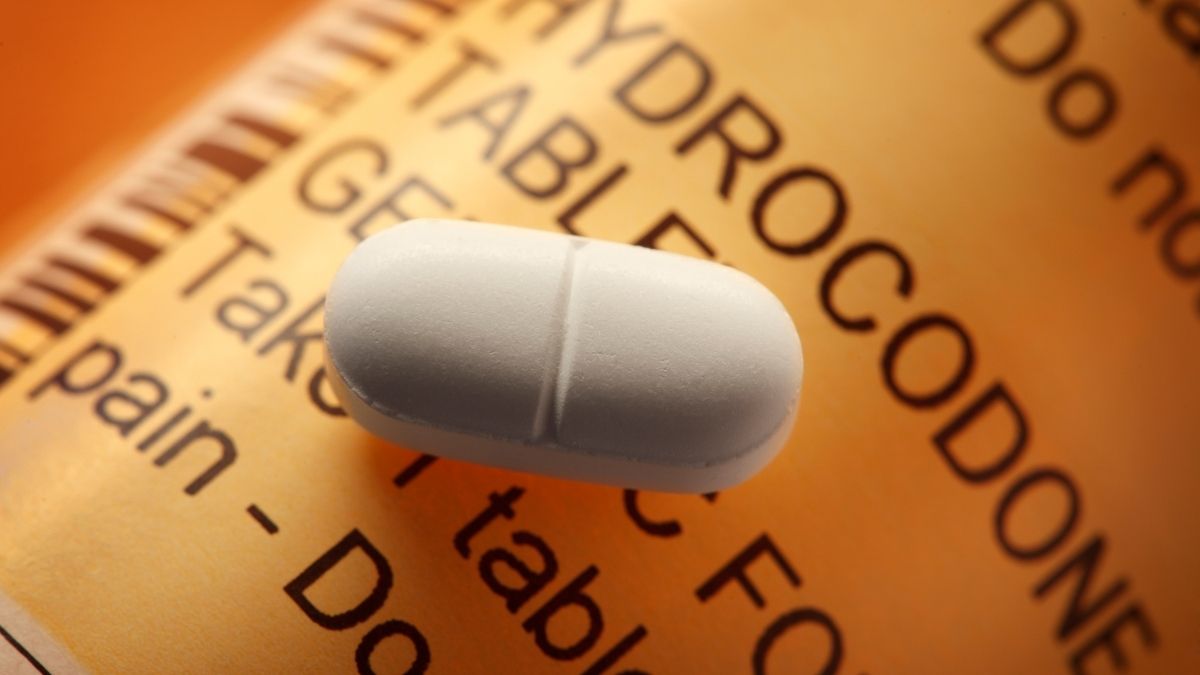
Written By
David Beasley